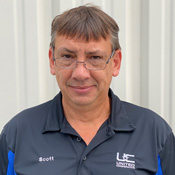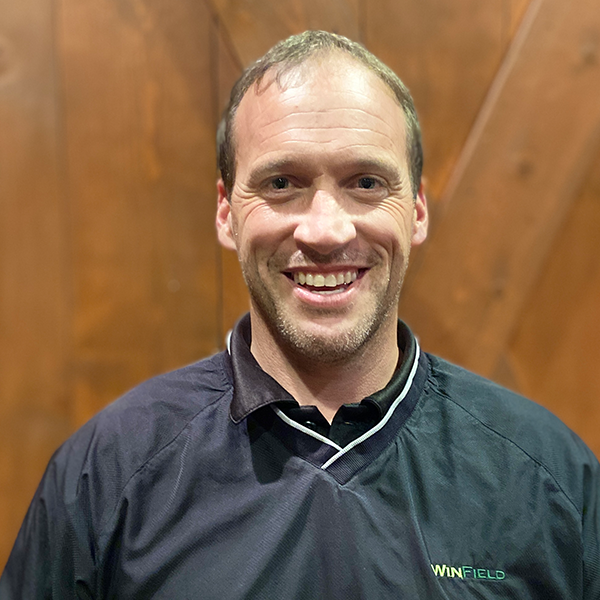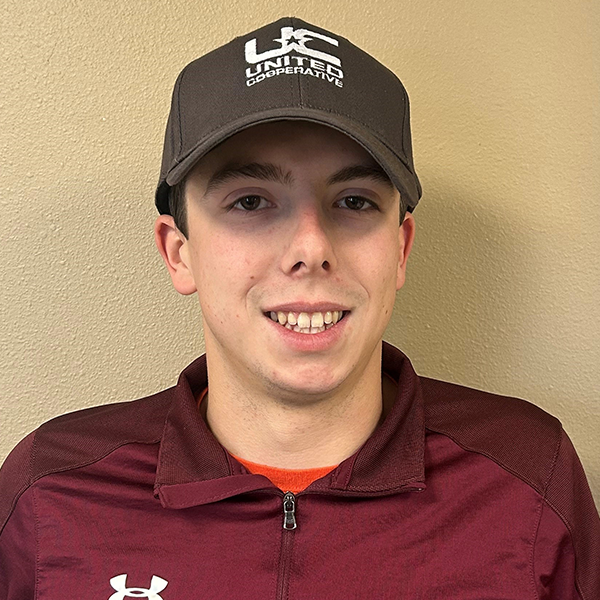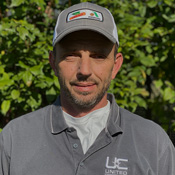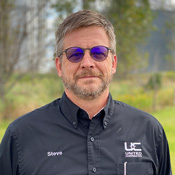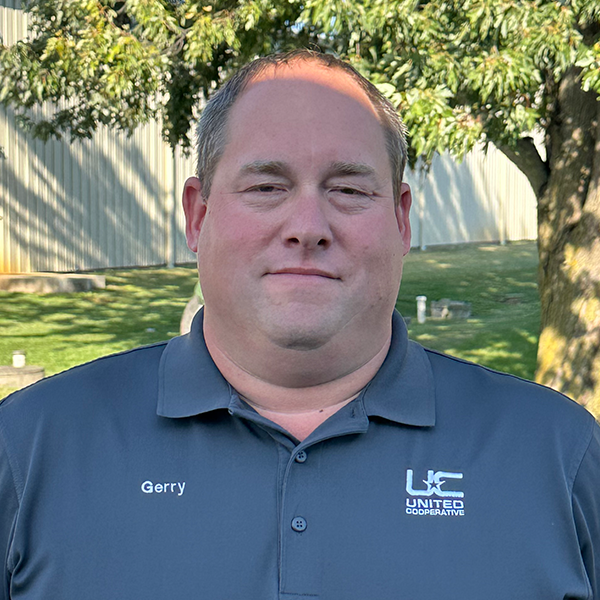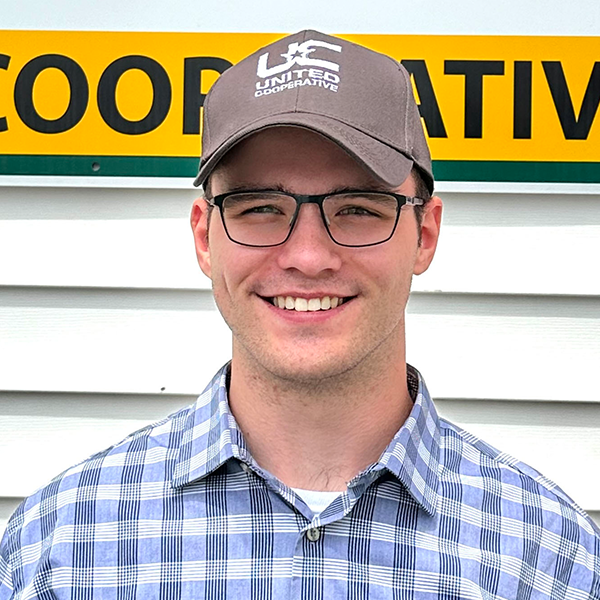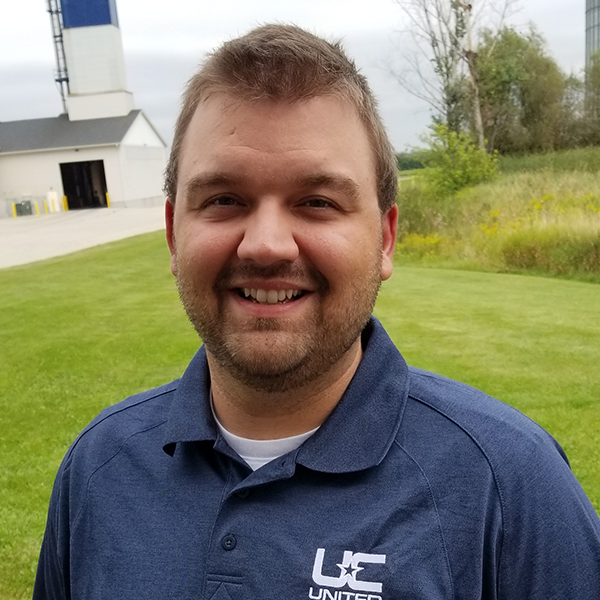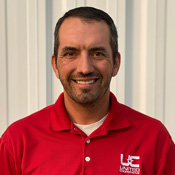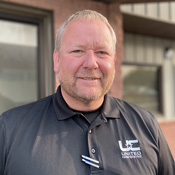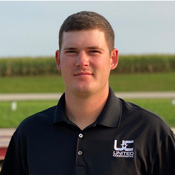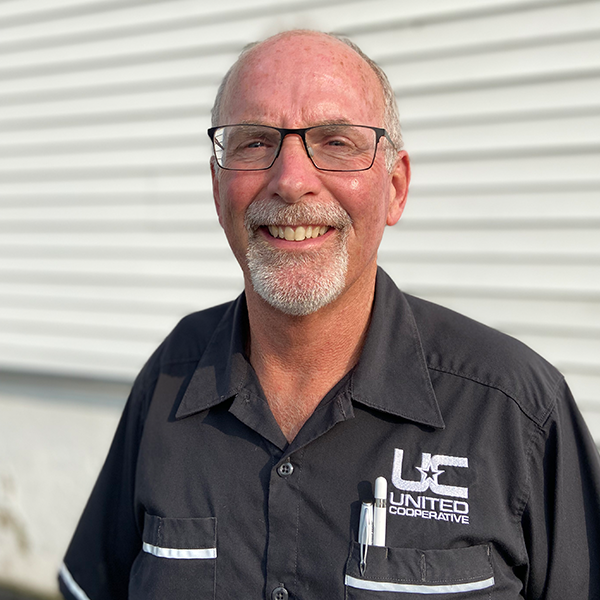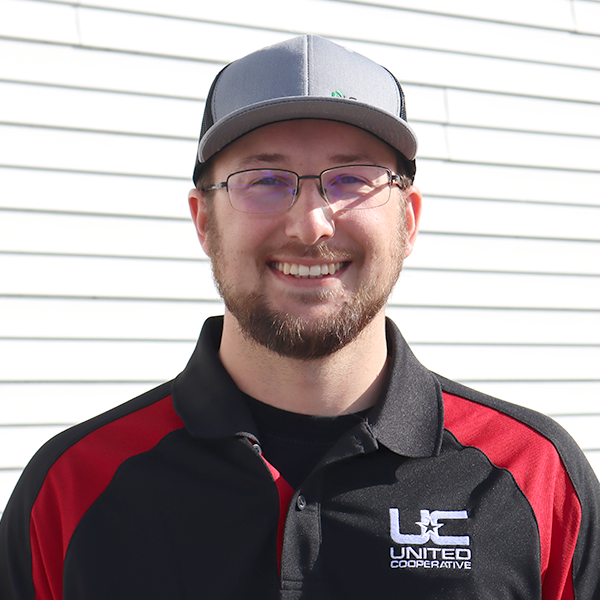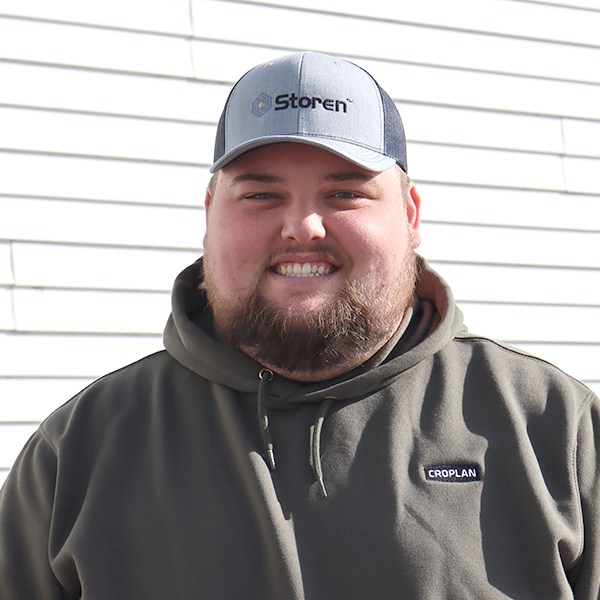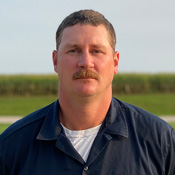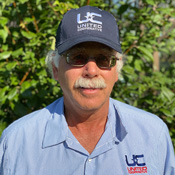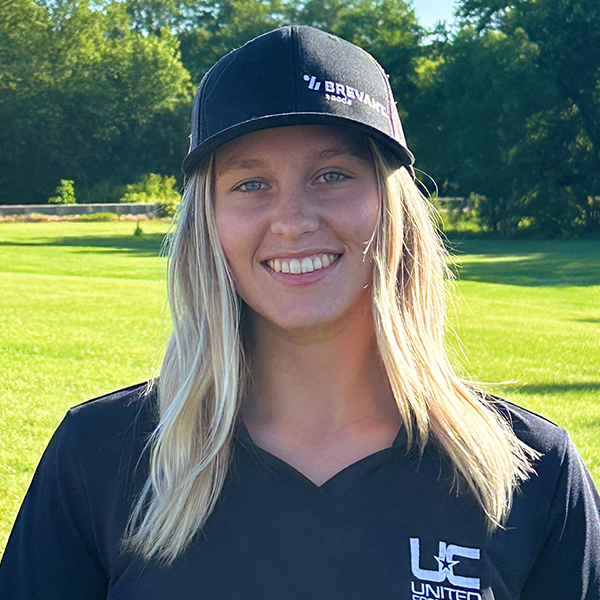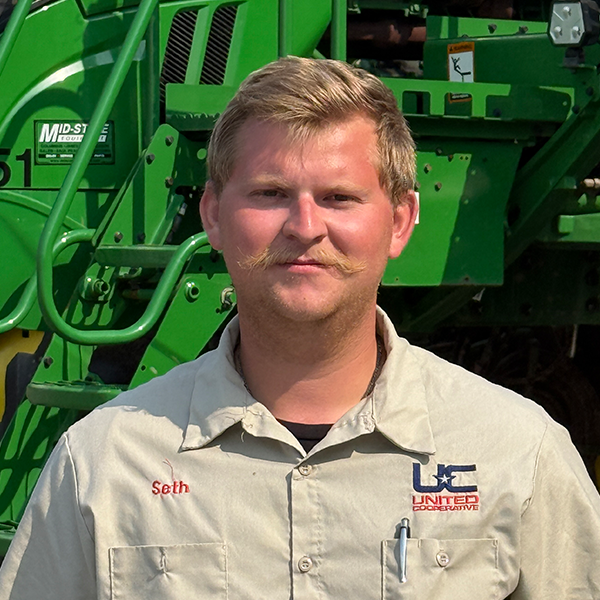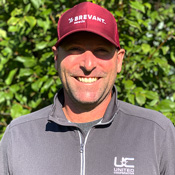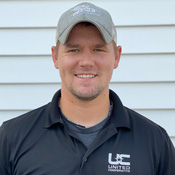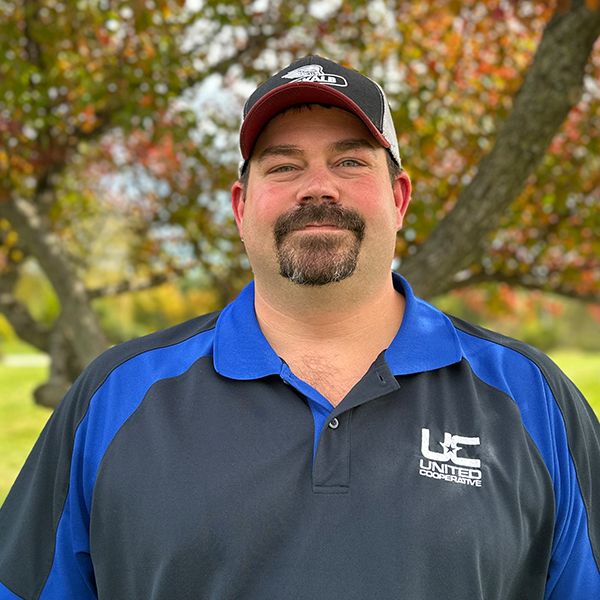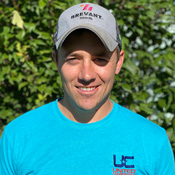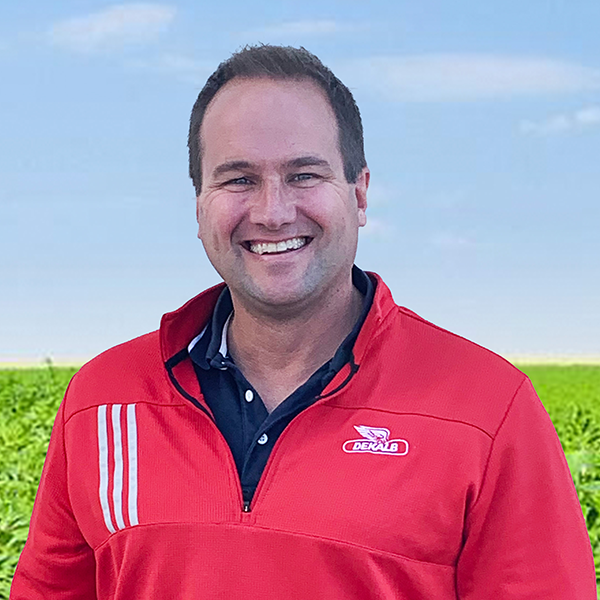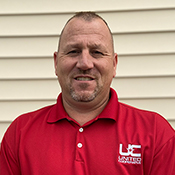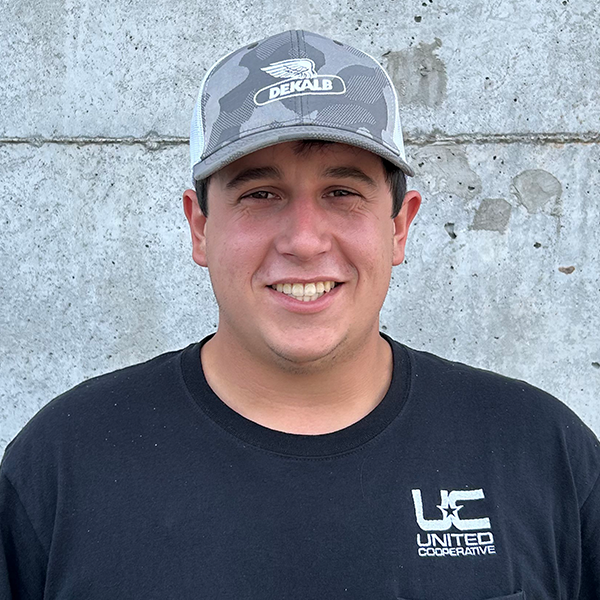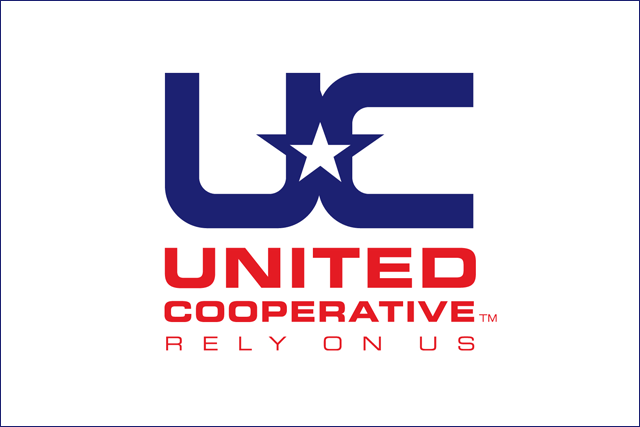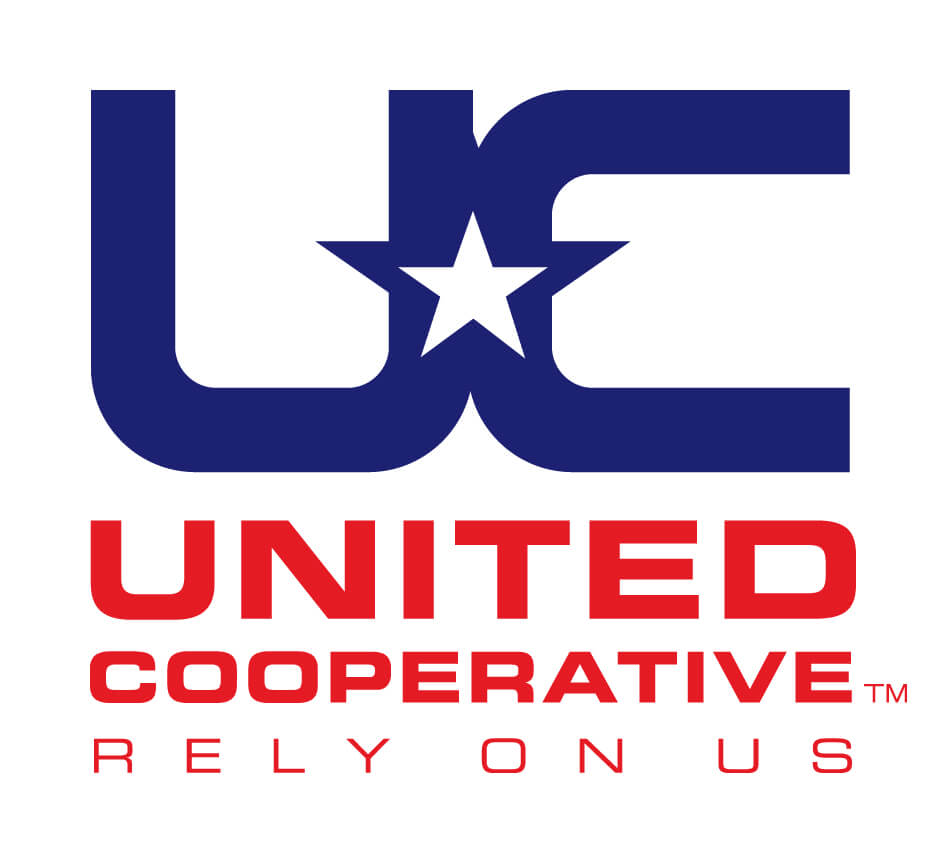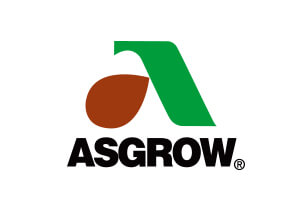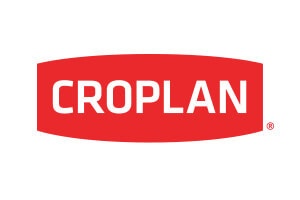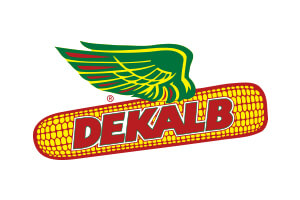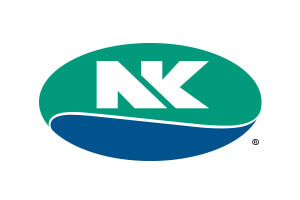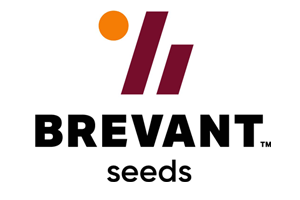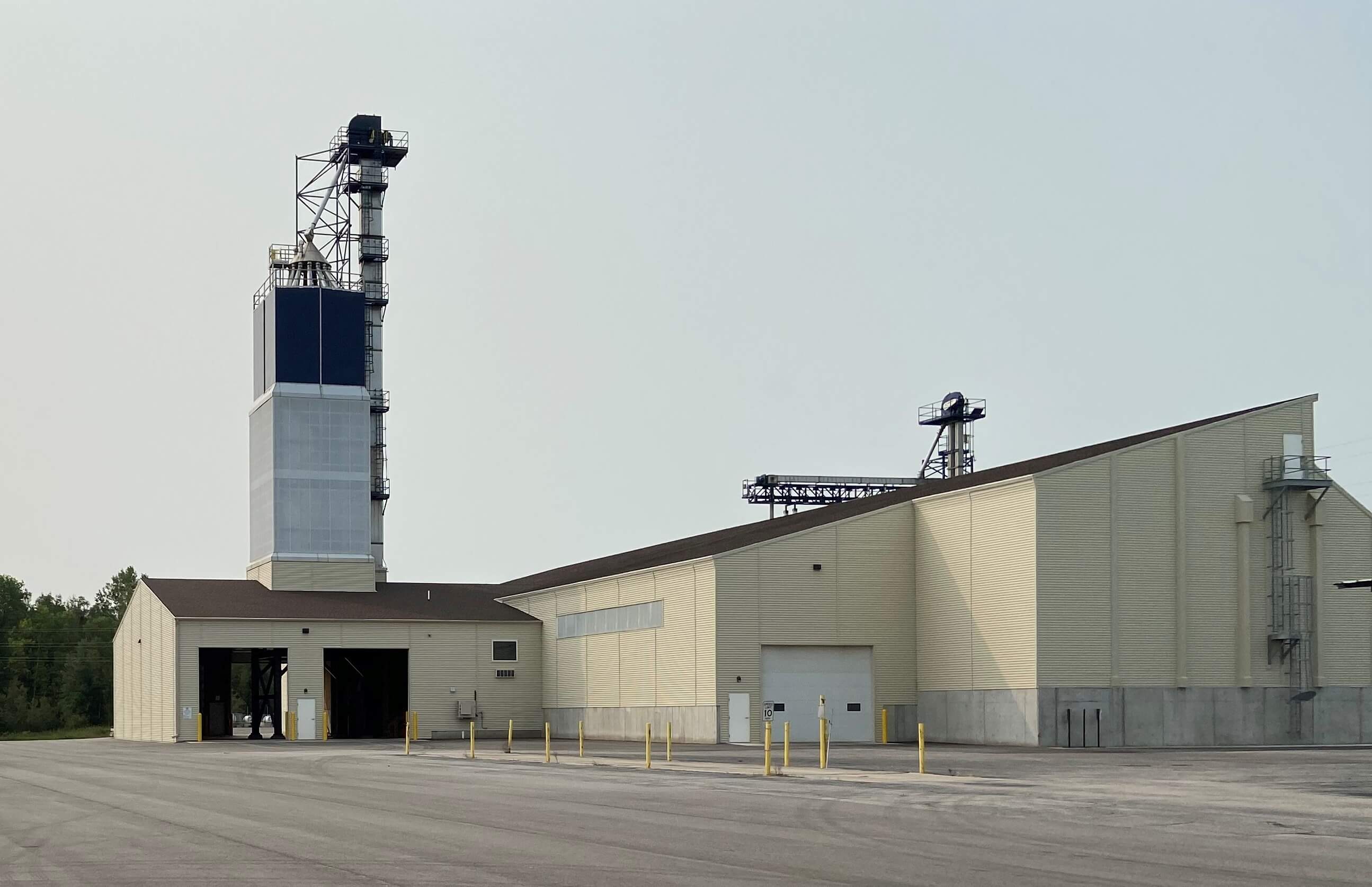
We can help you determine what pays—and what doesn’t
Solid grain prices make it a lot easier to earn a profit on cash grain. Unfortunately, that’s not the case everyday. The goal now is to grow as many bushels as you can profitably on every acre you farm. In some cases, that might mean switching to better-performing corn hybrids, soybean and alfalfa varieties. It could mean increasing crop nutrients on your best ground, and perhaps cutting back on poorer soils. It means keeping a close eye on disease and insect pressures before investing in costly rescue treatments.
Truth be told, it probably means all of these things. And that’s where the experienced, professional field agronomists at United Cooperative can help. We understand that seed, nutrients and crop protection must all work together to deliver the most profit per acre. Our agronomists draw on data from local WinField Answer Plots, our state university, as well as feedback and results on hundreds of thousands of acres from our own customers to inform our agronomic thinking and recommendations.
The goal isn’t simply to maximize your yields; it’s to maximize your economic return on every single acre you farm.
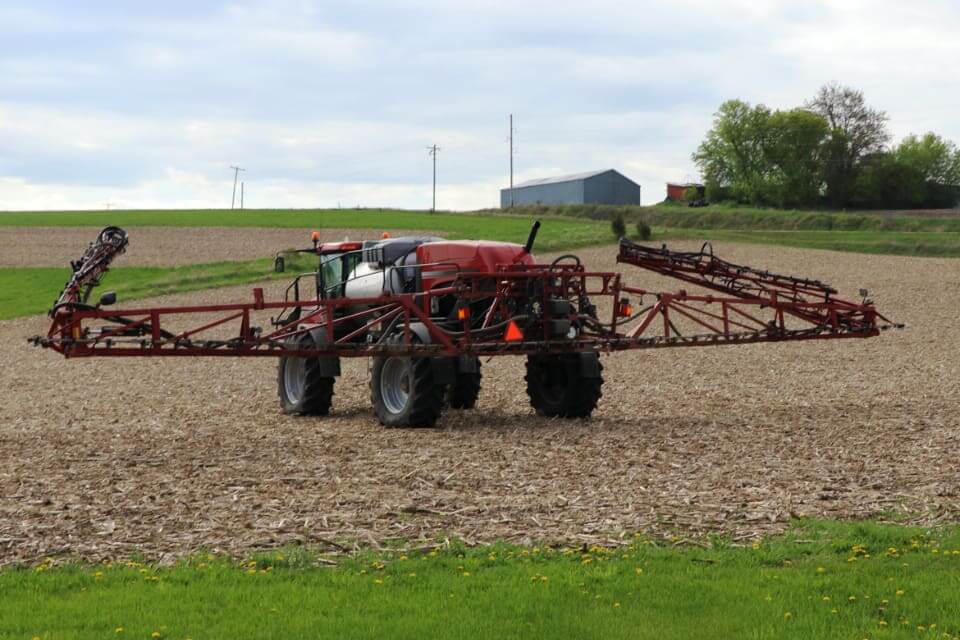
Agronomy Services
United Cooperative has invested heavily in the people, facilities and equipment we need to serve all of our customers during the hectic spring planting, summer spraying and fall harvest and fertilizer seasons. We pride ourselves on keeping cooperative equipment in top shape, checking and double-checking orders and showing up on time. When you purchase your seed, fertilizer, and crop protection products right here locally, part of the cooperative’s profits are returned to you—our member owners—each year. Even custom application services are eligible for patronage.
We also provide professional services that fall outside of traditional fertilizer application and spraying. These include soil testing, field-mapping, tissue sampling, field scouting and in-season crop imagery. Most of these services are part of our new Soil Management and Rate Technology (SMART) program. However, any farmer or landowner can benefit from these services by making better decisions based on actual data from your farm.
To learn more, talk to a United Cooperative agronomist today, or contact a member of our precision farming team.
Agronomy News

Croplan Alfalfa Testimonial - Brander Dairy Farm
Join us on the farm as we hear firsthand how Croplan® Alfalfa delivers strong yields, stand longevity, and consistent quality. In this testimonial, Doug Brander of Brander Dairy Farm shares real-world results, field insights, and valuable tips for maximizing the potential of every acre—from seed selection to harvest management. ...
United Cooperative Announces Acquisition of ALCIVIA South Region Agronomy Locations
Reflecting on a Strong 2025 Growing Season
Power Up Your Tech Now for Scouting
Budgeting with Lower Grain Prices
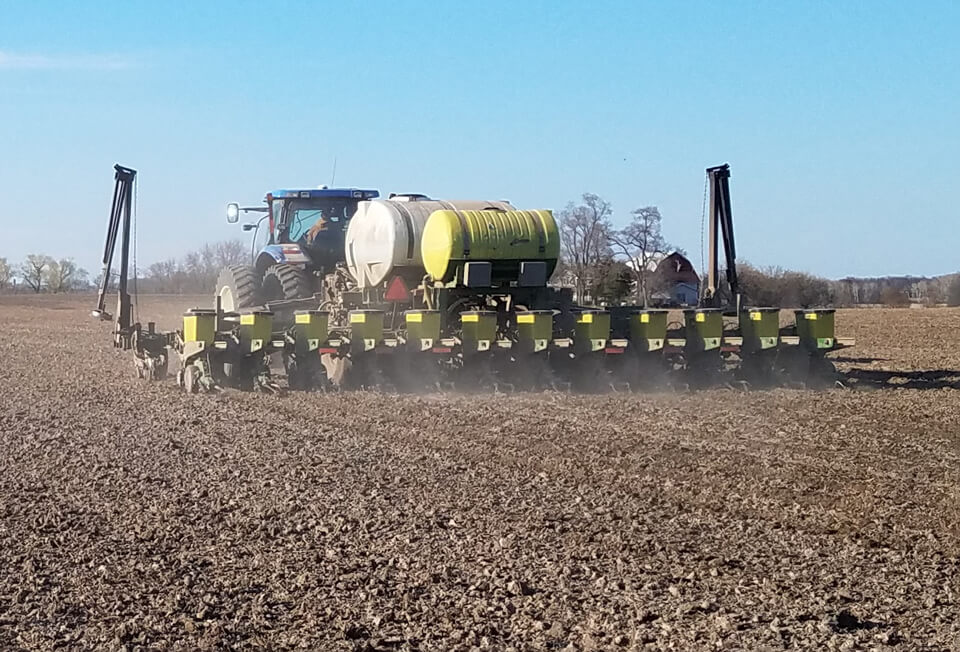
Choosing the Right Seed
Studies have shown that the single biggest thing most farmers can do to improve their yields is to choose better seed. Research from right here in Wisconsin shows that corn yields can vary as much as 50-70 bu./acre based solely on hybrid selection.
Fortunately, the agronomists at United Cooperative rely on yield and plant performance data from unbiased local sources, including the annual Wisconsin Corn Hybrid Performance reports, WinField United Answer Plots, as well as our own experience and observations from hundred of thousands of acres farmed by cooperative members. We can help you choose the corn hybrids, soybean and alfalfa varieties that are most likely to perform under your tillage system, your particular soil types and drainage conditions, as well as insect and disease pressures.
We offer a wide range of products from well-known seed producers, including hybrids and varieties that work well within specific weed control systems, including Liberty Link in corn and Enlist in soybeans. Our agronomists are happy to help you compare your yields with results from other farms in your area to see if you can squeeze better performance out of the hybrids and varieties you’ll be planting next spring.
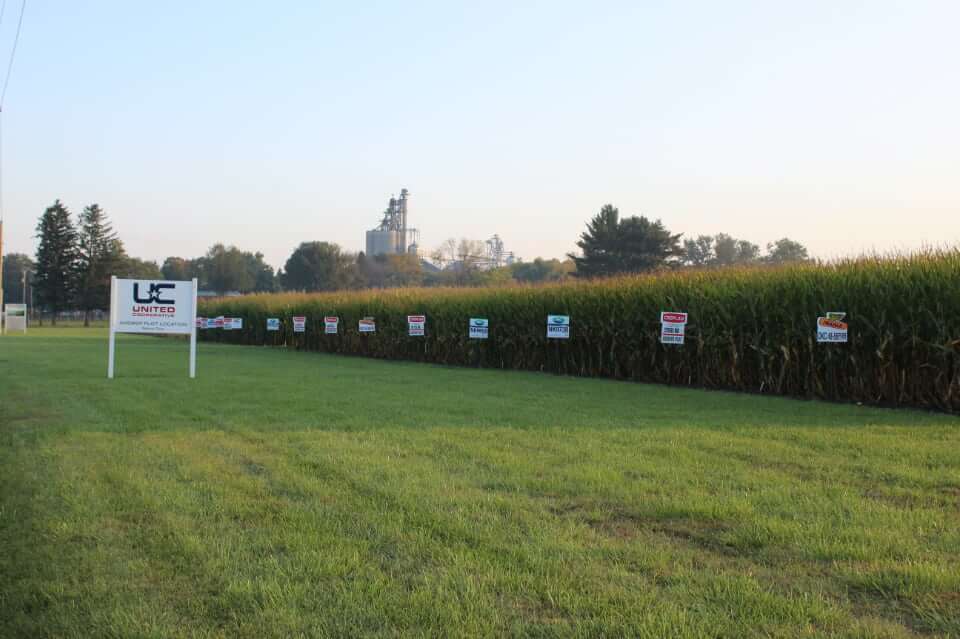

Answer Plot data gives you insights for every acre
It’s your resource for localized insights you can trust to choose the best products for your soil types matched with the right management practices. Answer Plots test and re-tests products in varying field conditions so you and your United Cooperative agronomist can make the right input decisions for your crops.
Click to download PDFs
| Beaver Dam | Janesville |
| Menomonie | Shawano |
| West Salem | Local Yield Results Book |
Crop Protection
United Cooperative’s agronomy division offers crop protection products from all of the major manufacturers. But protecting your crops is really much more than products alone. It should also take into account crop rotation, tillage practices, corn hybrid and soybean variety selection and other variables. Your United Cooperative agronomist can help you see the big picture, and discuss ways for you to make your crop protection plan more efficient and cost-effective.
Crop Nutrition
Feeding your crops used to be pretty simple: you’d apply the same amount of N-P-K across an entire field, but times have changed. Research has consistently shown that some parts of your fields need additional nutrients, and some need fewer than you typically get with a one-size-fits-all solution.
That’s where your United Cooperative agronomy team can help. If you’re not currently doing any soil testing, that would be a great place to start. If you are soil testing, you might consider pulling more samples from each field, and then creating a field map that includes “management zones” based on yield potential.
Your cooperative has both the equipment and personnel to use variable rate application technology in your fields based on these maps. The result: higher yields on your best ground, the best possible yields on your poorest ground, and sometimes, a lower fertilizer bill. To learn more, visit with your local United Cooperative agronomist today.
Precision Farming
Precision farming is a term that scares a lot of farmers—especially those who didn’t grow up with computers or sophisticated electronics. But, you’ll find that when you work with United Cooperative’s precision farming specialists, you’ll reap the agronomic benefits of precision farming without having to become an electronics expert yourself.
The only two things you really need to get started are a yield monitor in your combine, and a recent set of soil test results. Much of precision farming revolves around getting the right nutrients to your crop, when and where they are needed. By bringing together the yield information you’ve probably already collected, along with your soil tests, our agronomists can show you which parts of your field could benefit from higher levels of nutrients, and where you could cut back without hurting yields.
Almost every farmer who takes this first step goes on to adopt even more precision farming practices. That’s how noticeable the results can be. At every step of the way, there’s a United Cooperative precision farming specialist who’s ready to help.
Agronomy Locations
Agronomy Team
